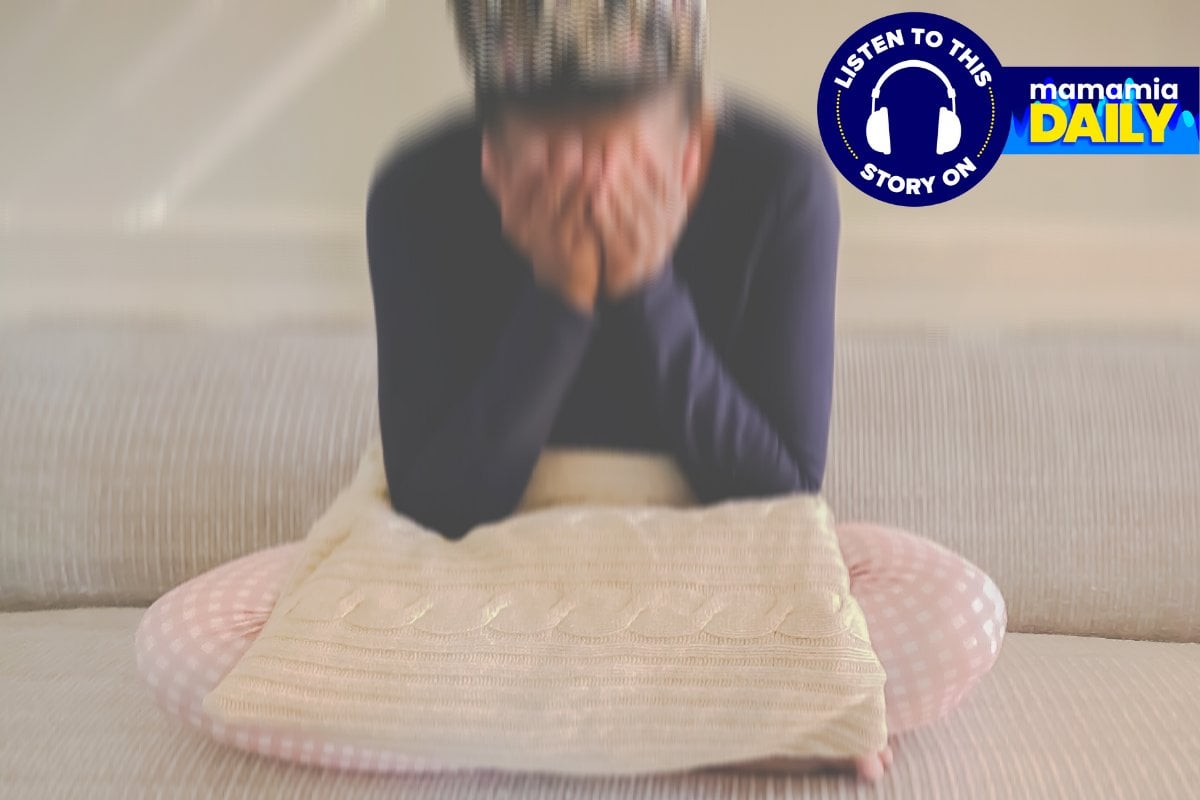
Listen to this story being read by Erin Docherty, here.
It might seem like COVID has suddenly decided to pop back into our lives and shake things up once again. Rising cases. New vaccinations. But for many people - COVID never left. In fact, it's changed their lives.
Take Rebecca Rose, for example. She first contracted COVID back in 2020 - and she's suffered from debilitating symptoms ever since.
A first-wave long hauler, her condition has been described by researchers as that of a 'traumatic brain injury' - akin to what doctors would see in car crashes.
She has cognitive damage. Crippling fatigue. Heart issues. Breathing problems. Her hormone levels are now "pre-menopausal".
Rebecca can't work. She can't drive. She can't live independently.
Watch: Signs to use when talking about COVID. Post continues below.
"The 'pandemic fatigue' is understandable, but ultimately it always affects (and potentially kills) the disabled and chronically sick community," she tells Mamamia.


Top Comments